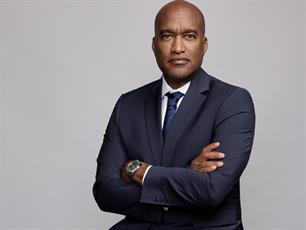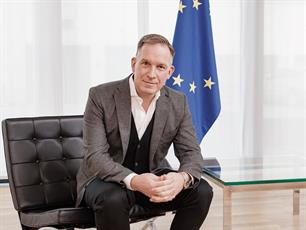Arun Sudhaman 31 Oct 2012 // 12:00AM GMT
MIAMI BEACH--Communicators need to guide their CEOs amid the different cultural conditions they face, delegates heard today at the Global Public Relations Summit.
A panel led by FTI Americas head Mark McCall explored whether CEOs should look to become statesmen, bearing in mind the cross-border differences in culture that may challenge such an approach.
The issue has become particularly relevant for Asian companies looking to expand into international markets, where a more visible profile is required of the CEO than is customary in their home countries.
Ross Gan, who recently departed his role as communications head at Huawei, pointed out that, at many Asian companies, CEOs are uncomfortable with advocating a particular political point of view.
“In Asia, the political context and dynamics are very different,” said Gan. “There is a very conservative stance when being associated with certain political issues. However, those CEOs do play that statesman role within their own companies.”
When it comes to entering Western markets, that mindset can prove problematic. Gan said that Asian CEOs need to understand the different expectations of different markets, and adjust their behaviour accordingly, even when greater transparency is required.
“Asian MNCs are aware that when they move into a new environment they have to learn the rules of the road and adapt,” said Gan. “I think it’s also important to understand that the expectations are different. There’s a high requirement for accuracy. That often translates into, who are the people behind the company?”
“It’s important to build a profile,” added Gan. “Not necessarily overnight, it can be done in baby steps. But it has to be done in an active way, it has to be by design rather than by accident.”
Bill Wohl, former chief communications officer at HP, pointed out that the role of the CEO had evolved from an operational position.
“We’ve moved into a timeframe where CEOs are now expected to be much more inspirational and aspirational,” said Wohl. “That may be very unique to the American business culture.”
“We also have to operate as global companies so we always have to adjust the behaviour of our CEOs,” continued Wohl. “We see pressure for CEOs of Chinese companies when they come to the US to be more visible in a way they are uncomfortable with because of their background and makeup.”
For many Asian companies coming to the US, said Gan, it is a steep learning curve.
“When Asian companies come to the US, they realize very quickly that unlike their home markets, power is decentralized,” said Gan. “There are multiple touchpoints that need to be engaged. You don’t only have to engage the politicians, the bureaucracy is also very important.”
Yet, Wohl noted that “CEOs can no longer be on the sidelines.” “This drive towards transparency and focus is forcing a different perspective.”
For Gan, perhaps the biggest catalyst in this shift is a better understanding of customers.
“The customer actually plays quite an important role in acting as a catalyst,” he said. “You increasingly see more Asian companies understanding that is how it works in different markets and being an active participant in that process. They may not necessarily do it within a media context - it might be a business forum within an open setting.”


































.jpg)





.tmb-135x100.jpg)











